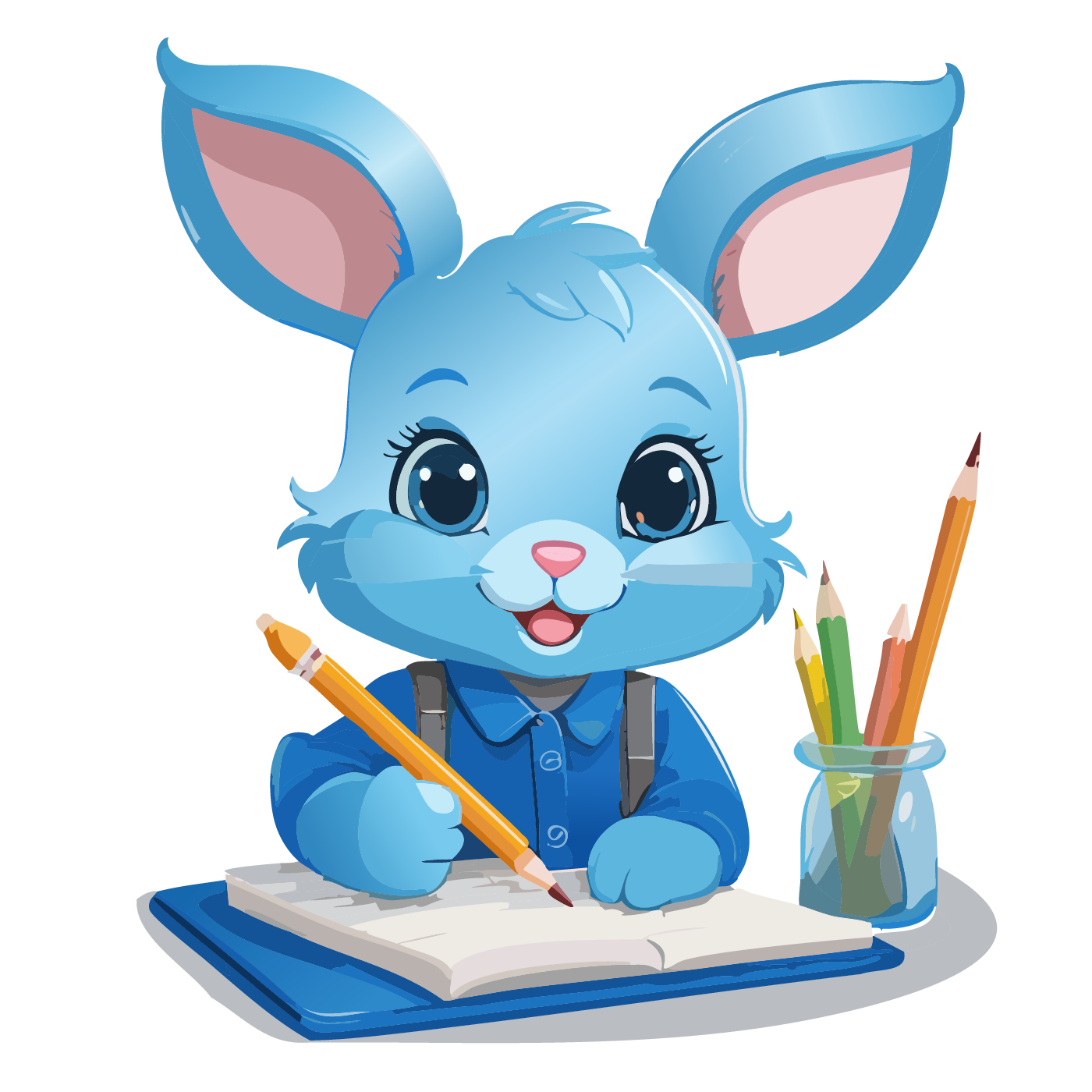The Woodcock-Johnson IV Test of Achievement (WJ IV) is a comprehensive set of assessments designed to measure academic skills across various domains. It is commonly used in schools and clinical settings to evaluate students' strengths and weaknesses in areas such as...
Curricula, Curriculum Types, and State Requirements
Behavioral Issues
We list various homeschooling resources that parents can review to determine if they would help homeschool their child(ren). We also help homeschooling parents navigate their homeschooling journey. Many resources are available for homeschooling across various subjects and grade levels. We list various references and resources to help parents. However, we do not list religious-based resources.

Test of Written Language, Fourth Edition
The Test of Written Language, Fourth Edition (TOWL-4), is an assessment tool designed to evaluate written language skills in students aged 9-17. It measures various writing abilities, making it useful for identifying strengths and weaknesses in writing for diagnostic...
Woodcock-Johnson Tests of Cognitive Ability
The Woodcock-Johnson IV Tests of Cognitive Abilities (WJ-IV) is a comprehensive and widely used assessment tool designed to evaluate cognitive abilities and processes across a wide range of ages, typically from 2 years old through adulthood. It is part of a larger...
Rey Complex Figure Test
The Rey Complex Figure Test (RCFT) is a neuropsychological assessment that evaluates a person’s visuospatial abilities, memory, attention to detail, planning, and organizational skills. The test involves two main components: copying and memory recall. Components of...
NEPSY–II Sensorimotor Subtests
The NEPSY–II (A Developmental Neuropsychological Assessment, Second Edition) is a comprehensive neuropsychological test for children. It includes various subtests to assess different cognitive domains, including sensorimotor skills. The sensorimotor domain of the...
Beery VMI – Visual Motor Test of Integration
The Beery VMI (Beery-Buktenica Developmental Test of Visual-Motor Integration) is a standardized assessment used to evaluate visual-motor integration in individuals. Visual-motor integration refers to the coordination of visual perception and fine motor control....
Comprehensive Neuropsychological Evaluation
A comprehensive neuropsychological evaluation is a detailed assessment examining various cognitive, emotional, and behavioral functions to understand how the brain works. A neuropsychologist often conducts this type of evaluation and typically includes several...
What is Assistive Technology?
Assistive technology (AT) refers to devices, software, or equipment designed to help individuals with disabilities perform tasks that might otherwise be difficult or impossible. The goal of AT is to enhance the capabilities of the user, promote independence, and...
Concrete-Representational-Abstract
Concrete-Representational-Abstract (CRA) is a teaching approach that helps students develop a deeper understanding of mathematical concepts by progressing through three stages: Concrete Stage: Students use physical objects (manipulatives) to explore mathematical...
What is Behavioral Intervention Plan?
A Behavioral Intervention Plan (BIP) is a formal plan developed to address specific behavioral issues a student may exhibit in an educational setting. It outlines strategies and interventions to help improve students' behavior, promote positive behaviors, and enhance...
